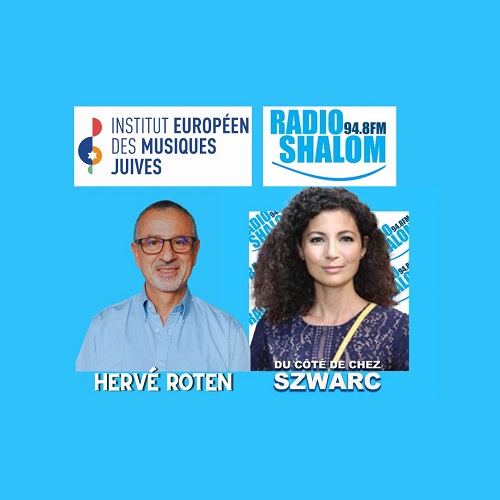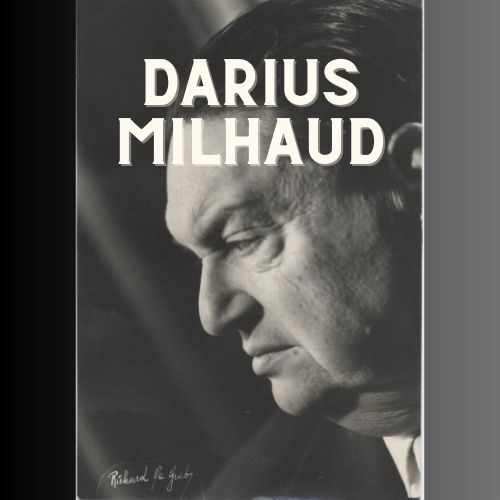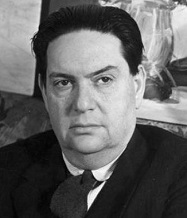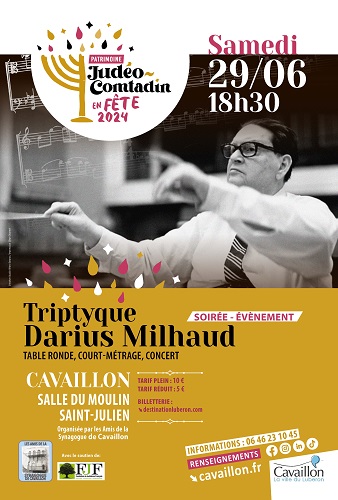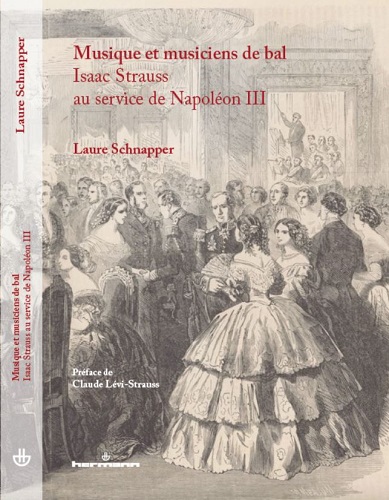
by Laure Schnapper
Ballroom music and musicians – Isaac Strauss at Napoleon III’s service
Editions Hermann, 01-02-2023
Isaac Strauss (1806-1888)[1]Great-grandfather of the anthropologist Claude Lévi-Strauss (1908-2009) was in charge of Napoleon III’s court balls until 1869. He also managed the balls of the Opera and the salons of the Vichy spa, and published about 500 dances – mostly waltzes, polkas and quadrilles. Although his Quadrille sur Orphée aux enfers by Offenbach is still performed throughout the world, the ” Strauss of Paris ” has now been largely forgotten, systematically mistaken with his namesakes from Vienna, Johann Strauss father and son.
As a son of a modest Jewish fiddler and barber from Strasbourg, Strauss started out as a violinist in the orchestra of the Théâtre-Italien but proved to be a tireless entrepreneur. He contributed to the development of the thermal spas of Aix-les-Bains and then, from 1844 to 1860, of Vichy, where the European nobility and the bourgeoisie enjoyed meeting in the summer. He had a villa built there, which still exists, in which Napoleon III stayed during his first two thermal cures.
Strauss was also known as an art collector; his collection of Hebraica, now housed in the Museum of Jewish Art and History in Paris, was the first of its kind, exhibited as early as 1878 at the Paris World’s Fair.
In this extremely well-documented biography, Laure Schnapper traces the remarkable rise of a musician in the French society of the Second Empire. Although he met the grand monde of the world, Isaac Strauss knew how to remain modest, while making himself indispensable by his work and achivements. As such, Isaac Strauss is a perfect symbol of the integration of Jews who became French citizens and who contributed to the growth and prestige of France after Emancipation. As Laure Schnapper points out, “music offered Jews a privileged way to integrate into French society”, as Jacques-Fromental Halévy, Jacques Offenbach, Henri Herz, Émile Waldteufel and Émile Jonas also did.
Learn more about Isaac Strauss’ Polka Hanouka dedicated to the tragedian Rachel
Listen to other pieces by Isaac Strauss recorded by pianist Chantal Riou
Chantal Riou, Pleyel piano from 1920
Chantal Riou, Pleyel piano from 1920
Chantal Riou, Pleyel piano from 1920
| 1 | Great-grandfather of the anthropologist Claude Lévi-Strauss (1908-2009) |
|---|
